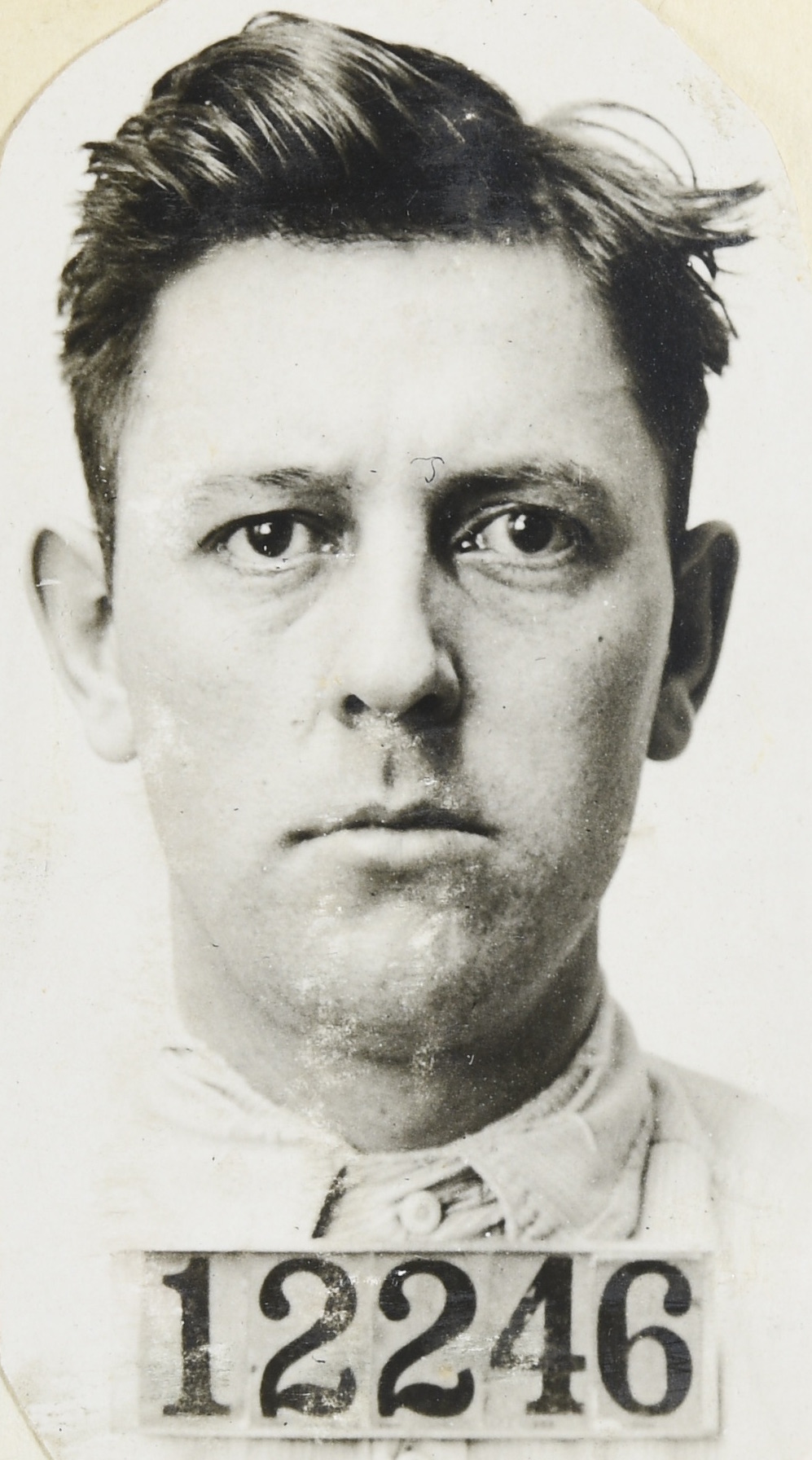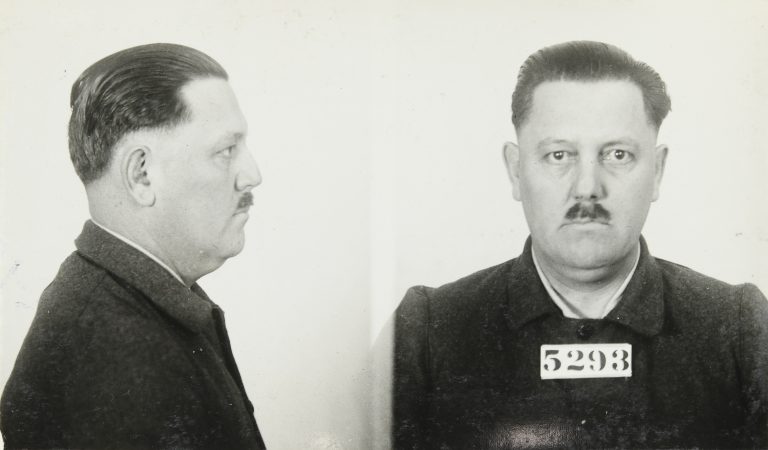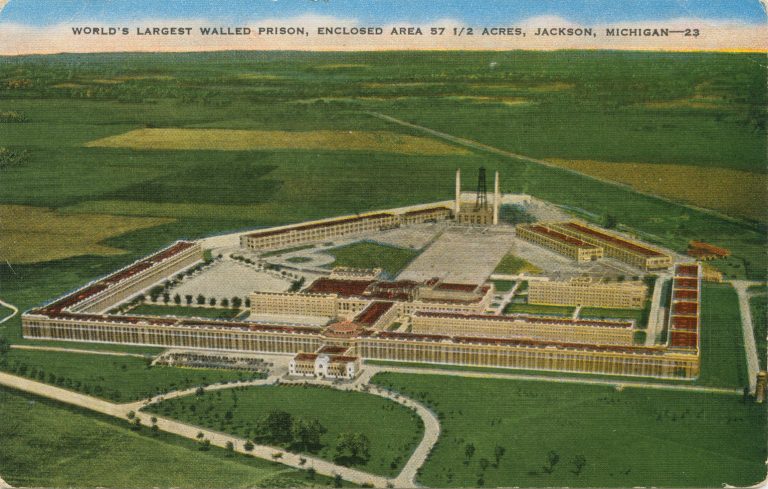A Career Criminal
Fred Burke made a career out of being a criminal. Born in Kansas and active for many years in St. Louis, Missouri, with a gang called Egan’s Rats, Burke quickly moved up the ranks of organized crime. He eventually caught the attention of Al Capone, who hired him in the 1920s. His crimes spanned multiple states, including Michigan, and he left a slew of robberies and murders in his wake.
Burke’s criminal record and his close association with Capone made him one of the likely gunmen who murdered Moran’s men. After his purported involvement with the massacre, Burke fled across the lake to St. Joseph where he established a life under the alias Fred Dane, one of the many he used throughout his career. It was during one drunken night that he shot and killed Officer Skelly.
The Capture
After being forced to flee once again, police finally apprehended Burke almost a year later at a farm in Missouri, where he was living under the name Richard Franklin White. Chicago and Michigan officials volleyed for the right to claim Burke; Chicago for the massacre and Michigan for the murder of Skelly. The governor of Missouri determined that Michigan had the more solid claim and Burke was extradited to Michigan to be tried.
The St. Joseph murder was not Fred Burke’s first run-in with the Michigan law. He served a one-year stint in Jackson Prison (then the State Prison of Southern Michigan) in 1919, when he was 25 years old. The Detroit Recorder’s Court convicted and sentenced for the offense of “obtaining money under false pretenses.” This time he would not get off so lightly. The Berrien County Circuit Court sentenced Burke to life in prison for second degree murder on April 27, 1931. Records indicate that he arrived at the state prison in Marquette the next day, registered under the name Fred Dane.




